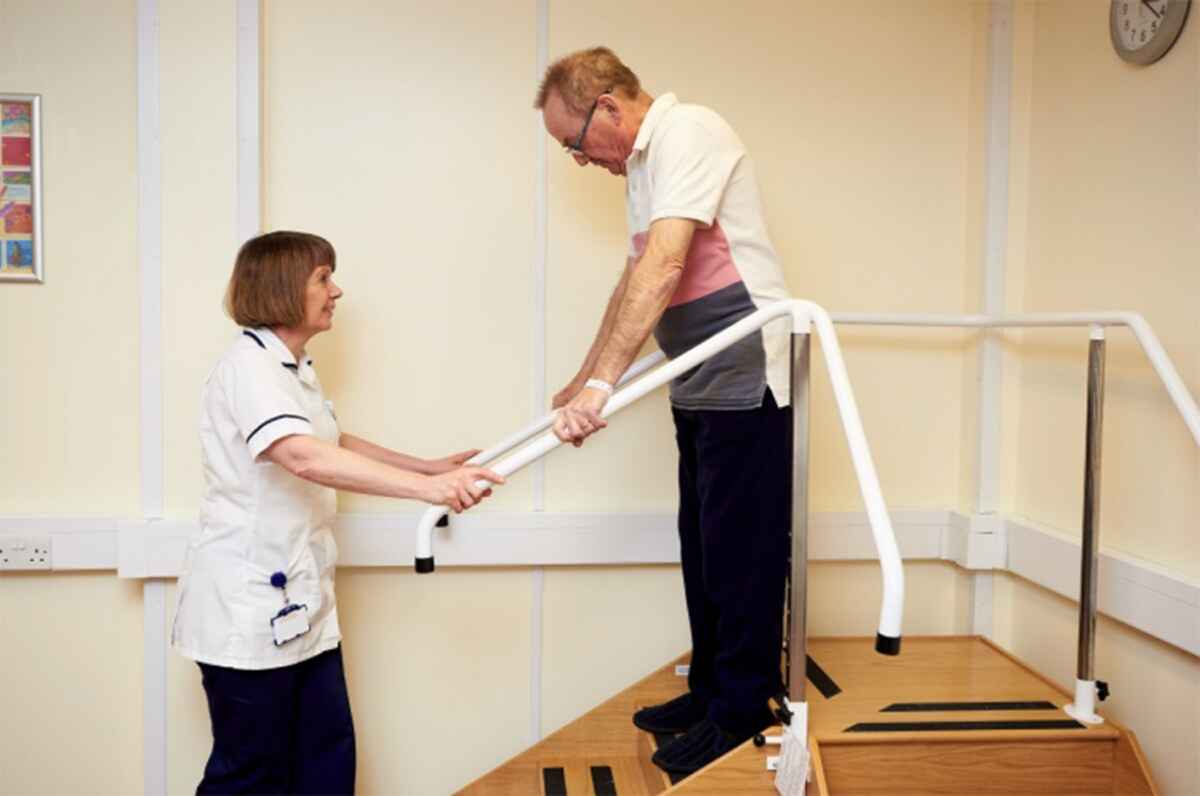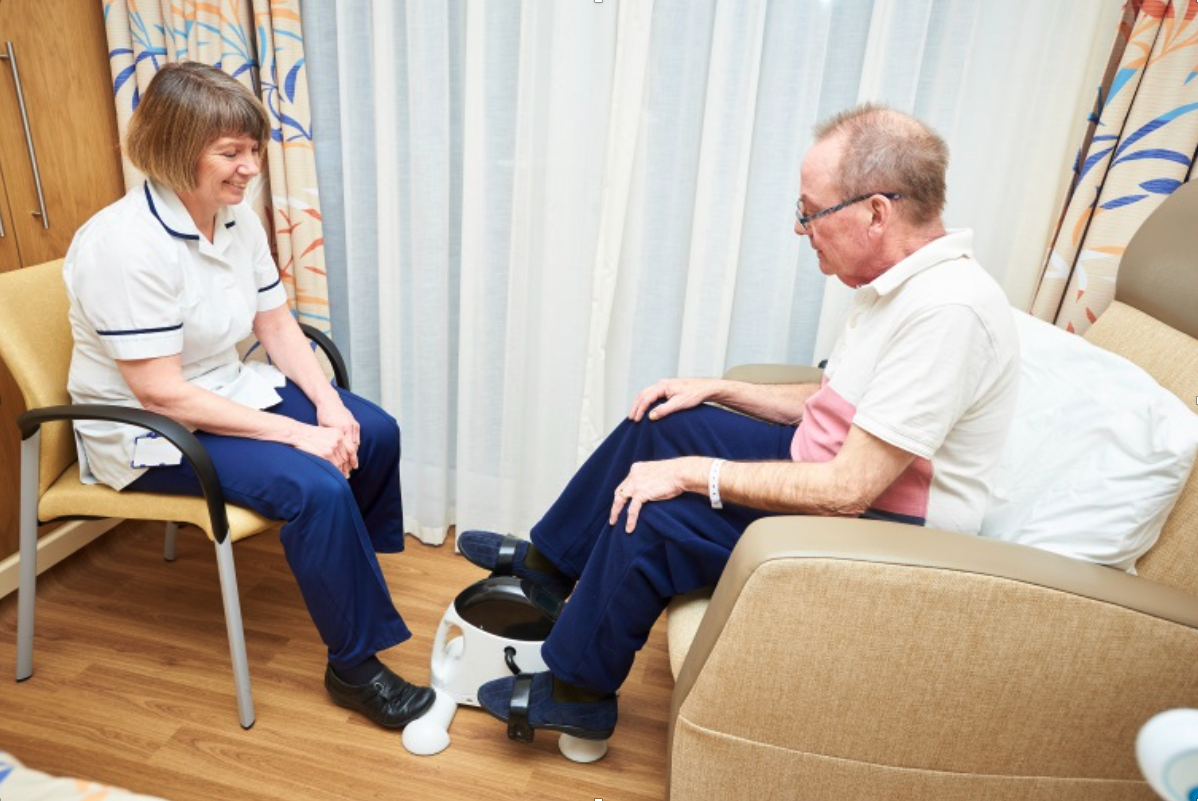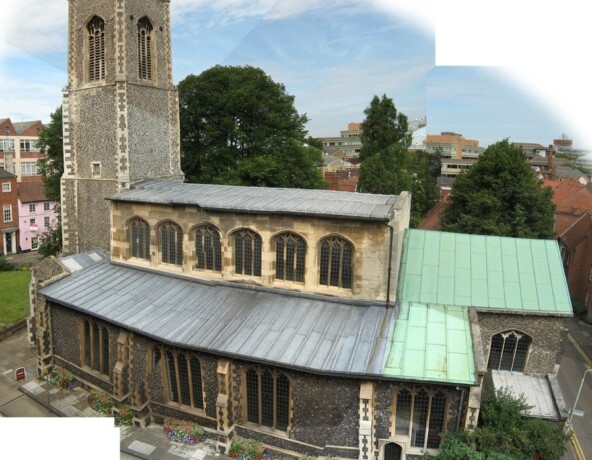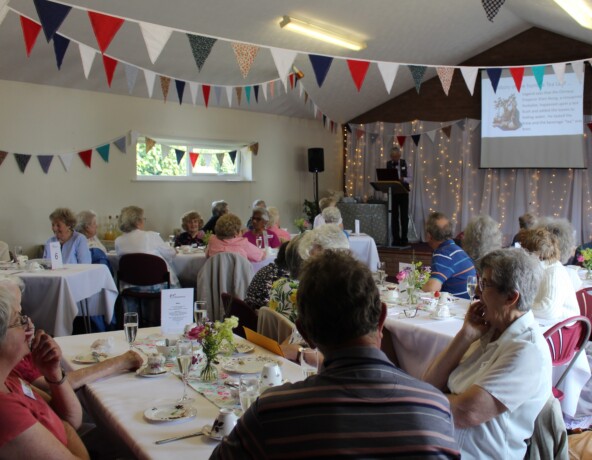
The Prince of Wales Hospice
- Health and Wellbeing
Serves a population of 170,000 in West Yorkshire and provides round the clock specialist palliative care, 365 days a year, to help people with incurable illnesses.
The Prince of Wales Hospice serves a population of 170,000 in the West Yorkshire area and provides round the clock specialist palliative care, 365 days a year, to help people with incurable, life-limiting illnesses. The grant awarded by PWCF was to fund a physiotherapist for a year and to purchase specialist equipment.
The physiotherapist has been working with patients to maximise their independence, mobility, choice and quality of life. The grant has helped to alleviate patient and carer anxiety and reduce demand on frontline services as patients and carers are now more able to cope with their pain, breathlessness, fatigue and their current physical ability.
Taking this sort of rehabilitative approach to palliative care can make all the difference to a person’s wellbeing, independence and, ultimately, can get them back home, where they want to be.
The purchase of specialist equipment has reduced the number of falls and pressure injury rates. The grant has paid for a low rise bed and a tilt-inspace chair and both are already providing improved care for patients. For example one lady did not have the necessary sitting balance for the standard recliner chairs in each room. However, she was keen not to be bed bound. The tilt-in-space chair enabled her to access the patio area and therefore enjoy the gardens and fresh air. It also meant she was more able to enjoy conversations with her visitors and provided a more comfortable eating position. Her dignity and, therefore, her wellbeing were noticeably improved.

Case study
One direct beneficiary of this project is Brian* who has Lymphoedema. On admittance to the Hospice Brian had a goal of simply being able to get out of bed and sit in a chair. Due to pain and feeling weak Brian was unable to lift even a cup, after just one week in the Hospice, working with the physiotherapist, he was able to feed himself and lift a small hand weight.
Brian’s first day of physiotherapy was extremely successful. By the end of the first session, with the aid of a Zimmer frame, and assistance from the physiotherapist, Brian was able to transition from the bed to the chair.
Not only has the funding significantly improved the lives of individuals like Brian, the Hospice has benefited from the physiotherapist’s involvement at hospice admission assessments.
Since the project began there have been no recorded instances of avoidable pressure sores acquired whilst at the Hospice as there is greater staff awareness, better use of preventative equipment and clearer documentation of pressure reassessments during the patients’ stay.
*Name has been changed
More projects

Together Arts Productions
- Health and Wellbeing
Visit website

St George’s Church, Colegate
- Health and Wellbeing
Visit website

The Lighthouse Attleborough
- Health and Wellbeing
Visit website